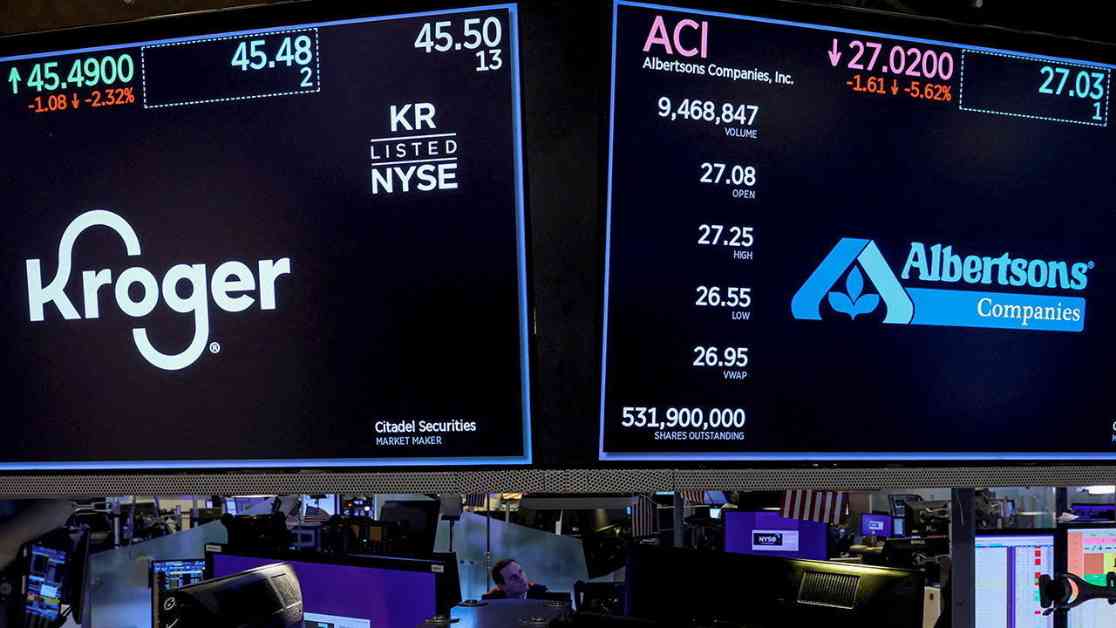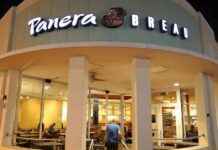The Kroger-Albertsons merger, which promised to be the biggest in American history, has been abruptly halted by federal and state judges following antitrust concerns raised by the Federal Trade Commission (FTC). This decision marks a significant shift in the landscape of the supermarket industry and raises questions about the future of mergers and acquisitions in the retail sector.
Antitrust Concerns and Regulatory Approval
On December 10th, judges ruled in favor of the FTC, blocking Kroger’s acquisition of Albertsons. This move came as a surprise to many, as the merger had been touted as a game-changer in the supermarket industry. The decision to halt the deal was based on concerns about the potential monopolistic practices that could arise from the merger, as well as the impact it could have on consumers.
Legal Battles and Fallout
Following the ruling, Albertsons not only called off the merger but also took legal action against Kroger, accusing them of not taking the necessary steps to secure regulatory approval. This turn of events has escalated tensions between the two supermarket giants, leading to a legal battle that could have far-reaching consequences for both companies.
Implications for the Industry
The collapse of the Kroger-Albertsons merger has sent shockwaves through the supermarket industry, with many speculating about the future of mergers and acquisitions in the sector. The decision to block the deal has raised questions about the effectiveness of current antitrust regulations and the role of government agencies in regulating corporate consolidation.
Looking Ahead
As both Kroger and Albertsons navigate the fallout from the failed merger, industry analysts are closely monitoring the developments to see how this decision will impact the competitive landscape of the supermarket industry. The legal battle between the two companies is expected to drag on, with potential implications for future mergers and acquisitions in the retail sector.
In the end, the fate of the Kroger-Albertsons merger serves as a cautionary tale for companies looking to expand through acquisitions, highlighting the importance of thorough regulatory approval and compliance in navigating the complex landscape of antitrust regulations. It also raises broader questions about the future of competition in the supermarket industry and the role of government oversight in ensuring fair market practices.



















